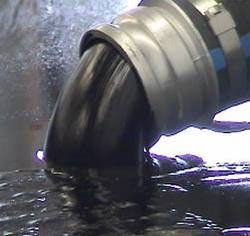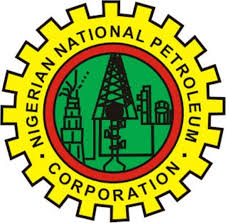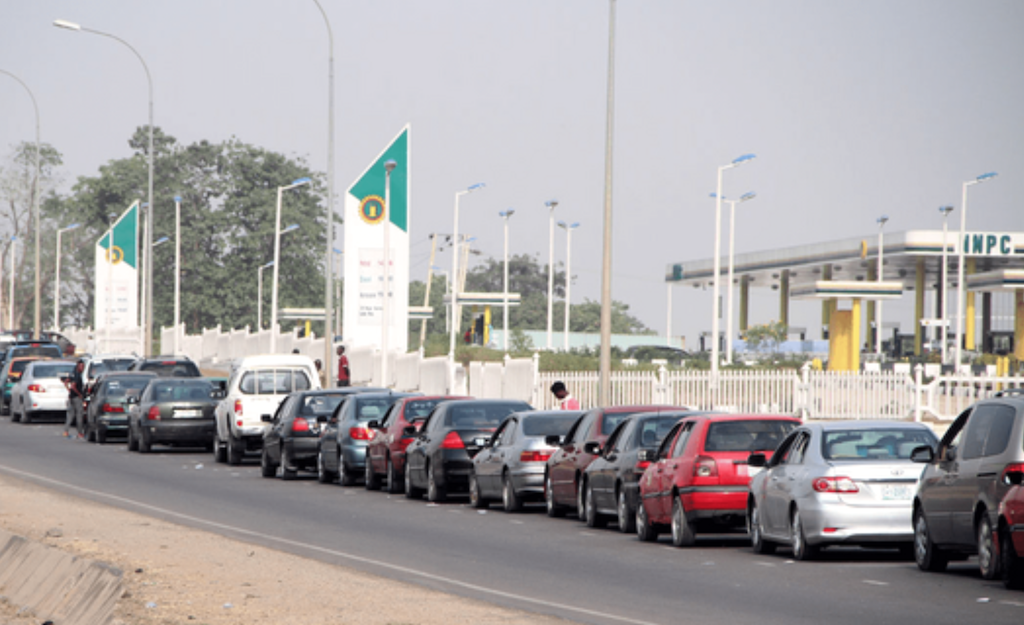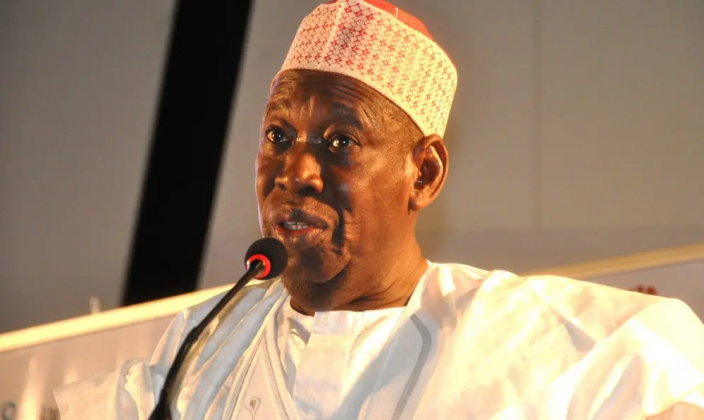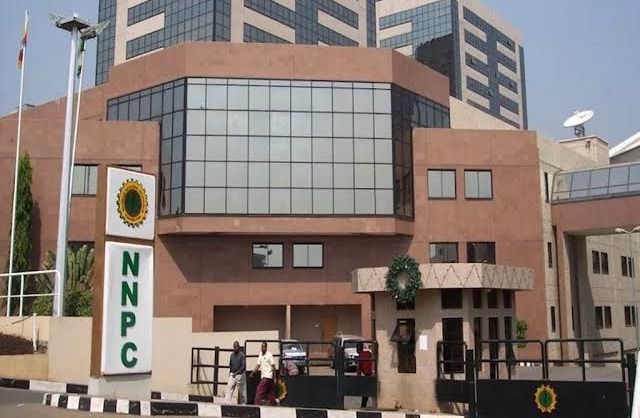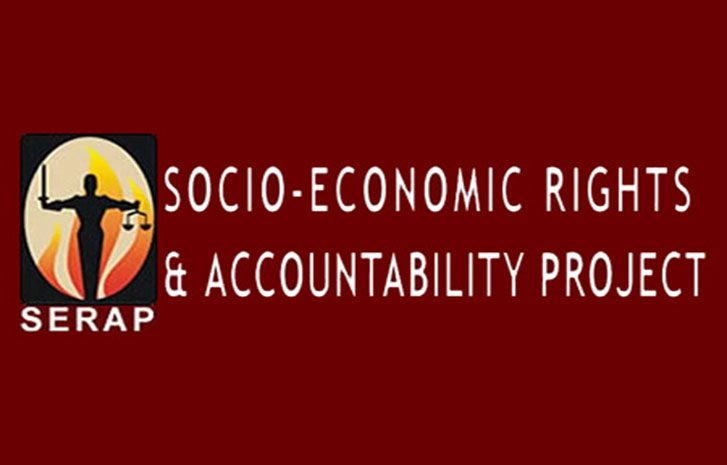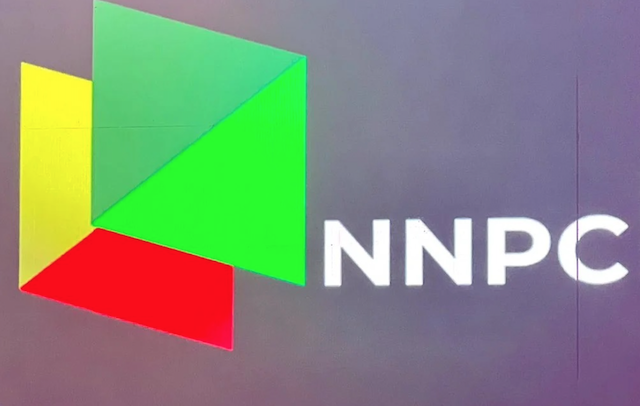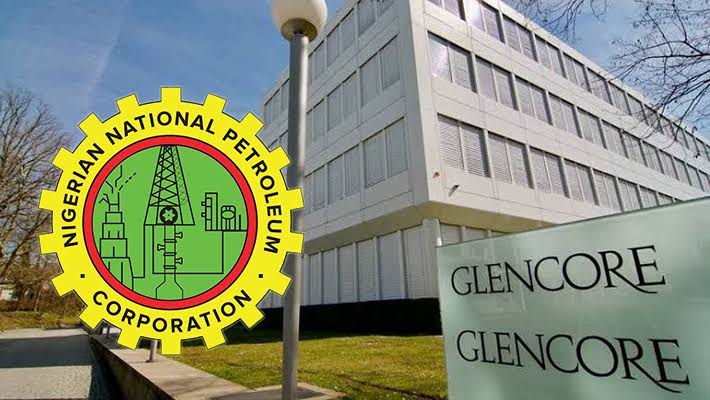Socio-Economic Rights and Accountability Project (SERAP) has urged Mr Mele Kolo Kyari, Group Chief Executive Officer of the Nigerian National Petroleum Company (NNPC) Limited to “promptly account for and explain the whereabouts of the alleged missing USD$2.04 billion and N164 billion oil revenues.”
SERAP said the allegations are documented in the latest annual report recently published by the Auditor-General of the Federation.
SERAP urged Mr Kyari “to name and shame those responsible for the disappeared oil money, surcharge them for the full amount involved, and hand them over to appropriate anticorruption agencies, as provided for under paragraph 3112(ii) of the Financial Regulations 2009, and recommended by the Auditor-General.”
SERAP also urged him “to ensure the full recovery and remittance of the missing USD$2.04 billion and N164 billion into the Federation Account without further delay.”
In the letter dated 17 February 2024 and signed by SERAP deputy director Kolawole Oluwadare, the organisation said: “The missing oil revenues have further damaged the already precarious economy in the country and contributed to very high levels of deficit spending by the government.”
SERAP said, “Without the full recovery and remittance of the missing USD$2.04 billion and N164 billion oil revenues, the dire economic situation may worsen and Nigerians will continue to be denied access to basic public goods and services.”
According to SERAP, “the Auditor-General has for many years documented reports of disappearance of public funds from the NNPC. Nigerians continue to bear the brunt of these missing oil revenues.”
The letter, read in part: “The alleged missing oil revenues reflect a failure of NNPCL accountability more generally and are directly linked to the institution’s continuing failure to uphold the principles of transparency and accountability.”
“We would be grateful if the recommended measures are taken within 7 days of the receipt and/or publication of this letter. If we have not heard from you by then, SERAP shall consider appropriate legal actions to compel the NNPCL to comply with our requests in the public interest.”
“Had the NNPCL and its subsidiaries accounted for and remitted the disappeared public funds into the Federation Account, it is likely that more funds would have been allocated to the fulfillment of economic and social rights, such as increased spending on public goods and services.”
“The missing oil revenues have also impeded Nigerians’ ability to enjoy their economic and social rights, and denied them access to essential public goods and services, especially at the time of cost of living crisis in the country.”
“Explaining the whereabouts of the missing public funds, naming and shaming those suspected to be responsible and ensuring that suspected perpetrators are brought to justice and the full recovery of any missing public funds would serve the public interest and end the impunity of perpetrators.”
“Nigerians have the right to know the whereabouts of the disappeared oil money. Ensuring transparency and accountability in the management of oil revenues would advance the right of Nigerians to restitution, compensation and guarantee of non-repetition.”
“According to the recently published 2020 audited report by the Auditor General of the Federation (AGF), the Nigerian National Petroleum Corporation (NNPC) failed to remit over USD$2 billion and N164 billion oil revenues into the Federation Account.”
“The Auditor-General fears that the money may have been diverted into private pockets, denying the government the funding needed to carry out its activities.”
“The NNPCL reportedly failed and/or refused to remit N151,121,999,966. The NNPCL without any justification deducted the money from the oil royalties assessed for 2020 by the Department of Petroleum Resources (DPR) now Nigerian Upstream Petroleum Regulatory Commission (NUPRC).”
“The NNPCL has failed to account for the missing public funds. The Auditor-General wants the money recovered and remitted into the Federation Account.”
“The NNPCL also failed to remit USD$19,774,488.15 collected as government revenue into the Federation Account. The Auditor-General wants the NNPCL to account for the money, recover and remit it into the Federation Account, and to hand over those suspected to be involved to the ICPC and the EFCC.”
“The Nigerian Petroleum Development Company (NPDC) Ltd also reportedly failed to account for USD$2,021,411,877.47 and N13,313,565,786.49 of royalties collected from crude oil and gas sales and gas flare.”
“The Auditor-General wants the public funds fully recovered and remitted into the Federation Account and for those suspected to be responsible for the missing public funds to be handed over to the ICPC and the EFCC.”
“These grim allegations by the Auditor-General suggest a grave violation of the public trust and the provisions of the Nigerian Constitution 1999 [as amended], national anticorruption laws, and the country’s obligations under the UN Convention against Corruption.”
“The allegations have undermined the economic development of the country, trapped the majority of Nigerians in poverty and deprived them of opportunities.”
“SERAP is concerned that despite the country’s enormous oil wealth, ordinary Nigerians have derived very little benefit from oil money primarily because of widespread grand corruption, and the entrenched culture of impunity of perpetrators.”
“Combating the corruption epidemic in the oil sector would alleviate poverty, improve access of Nigerians to basic public goods and services, and enhance the ability of the government to meet its human rights and anti-corruption obligations.”
“SERAP notes that Section 15(5) of the Nigerian Constitution 1999 (as amended) requires public institutions to abolish all corrupt practices and abuse of power.”
“Section 16(2) of the Nigerian Constitution further provides that, ‘the material resources of the nation are harnessed and distributed as best as possible to serve the common good.’”
“Section 13 of the Nigerian Constitution 1999 [as amended] imposes clear responsibility on the NNPCL to conform to, observe and apply the provisions of Chapter 2 of the constitution.”
“Paragraph 3112(ii) of the he Financial Regulations 2009 provides that, ‘Where a public officer fails to account for government revenue, such officer shall be surcharged for the full amount involved and such officer shall be handled over to either the Economic and Financial Crimes Commission (EFCC) or the Independent Corrupt Practices and Other Related Offences Commission (ICPC).’”
“Nigeria has made legally binding commitments under the UN Convention against Corruption to ensure accountability in the management of public resources. Articles 5 and 9 of the UN Convention against Corruption also impose legal obligations on the NNPCL to ensure proper management of public affairs and public funds. These commitments ought to be fully upheld and respected.”
